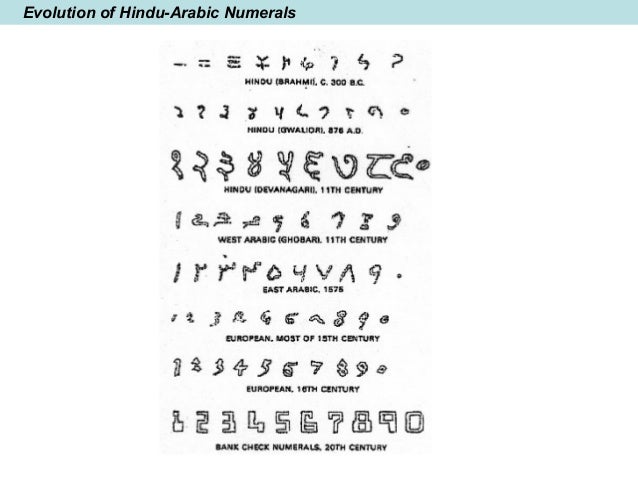MATHEMATICS, served as a subject in the whole world has been an important part of human life since a very long time. Every culture on earth has developed some mathematics. Not only this, even mathematics have played an important role in uniting different countries together.So let's see the more about this 'Powerfull Uniting Element" from the video.
It has evolved from simple counting, measurement, calculation, systematic study of the shapes and motions of physical objects through the application of abstraction, imagination and logic to the broad, complex and often abstract discipline that we often use today.
 |
| Fibonacci Numbers in petals of various flowers |
 |
| The Mathematics Of Human Body |
Now we can see its international predominant system, and this mathematics has quite a history. It has roots in ancient Egypt and Babylonia, then grew rapidly in ancient Greece. The East carried on the baton, particularly China, India and the medieval Islamic empire, before the focus of mathematical innovation moved back to Europe in the late middle ages and Renaissance. Then, a whole new series of revolutionary developments occurred in 17th century and 18th century Europe, setting the stage for the increasing complexity and abstraction of 19th century mathematics, and finally the audacious and sometimes devastating discoveries of the 20th Century.
 Mathematics written in ancient Greek was translated into Arabic. About the same time some mathematics of India was translated into Arabic. Later some of this mathematics was translated into Latin and became the mathematics of Western Europe. And with the flow of time, it became the mathematics of world.
Mathematics written in ancient Greek was translated into Arabic. About the same time some mathematics of India was translated into Arabic. Later some of this mathematics was translated into Latin and became the mathematics of Western Europe. And with the flow of time, it became the mathematics of world.
It is beyond the scope is this study to discuss every single mathematician who has made significant contributions to the subject, just as it is impossible to describe all aspects of a discipline as huge in its scope as mathematics. My intention is to introduce some of the major thinkers and some of the most important advances in mathematics, without getting too technical or getting bogged down in too much detail, either biographical or computational.
There are other places in the world that developed significant mathematics, such as China, Southern India, and Japan, and they are interesting to study, but the mathematics of the other regions have not had much influence on current international mathematics. There is of course much mathematics being done these and other regions, but it is not the traditional maths of the regions, but international mathematics.
Now let's talk about one of the greatest discoveries of mathematics"π" in which the Egyptians calculated the area of a circle by a formula that gave the approximate value of 3.1605 for π. The first calculation of π was done by Archimedes of Syracuse (287–212 BC), one of the greatest mathematicians of the ancient world. And the Mars Rover landing work depends on the ground braking system that turn mathematics into the language of science
"The Law Of Falling Body."
"The Law Of Falling Body."
By far, the most significant development in mathematics was giving it firm logical foundations. This took place in ancient Greece in the centuries preceding Euclid. Logical foundations give mathematics more than just certainty-they are a tool to investigate the unknown.
By the 20th century this "unknown" could be seen by very few including David Hilbert, a leading mathematician of the turn of the century. In 1900 he addressed the International Congress of Mathematicians in Paris, and described 23 important mathematical problems.
Mathematics continues to grow at a phenomenal rate with no visible end. We need to admit that mathematics have always played an important and interesting role in science and will continue to do so.
Fact 1:The spiral shapes of sunflower follow a fibonacci sequence.
Fact 2:Number 9 is believed to be a magic number. It is because if you multiply a number with 9,add all digits to resulting number, the sum would always come out to be 9.
Fact 3:The word hundred is derived from the word "hundrath", which actual means 120 and not 100.
Fact 4:Ancient Babylonians did math in base 60 instead of base 10, That's why we have 60 seconds in a minute and 360 degrees in a circle
Fact 4:111,111,111×111,111,111=12,345,678,987,654,321
Fact 4:111,111,111×111,111,111=12,345,678,987,654,321
 |
| Dedicated To Mr.Vikas Chhawari |
Source: Books,Wikipedia,Internet,Slide share.
Special Thanks To:- Mr.Bhharat Kumar,NOVA Members, NASA .




0 comments:
Post a Comment